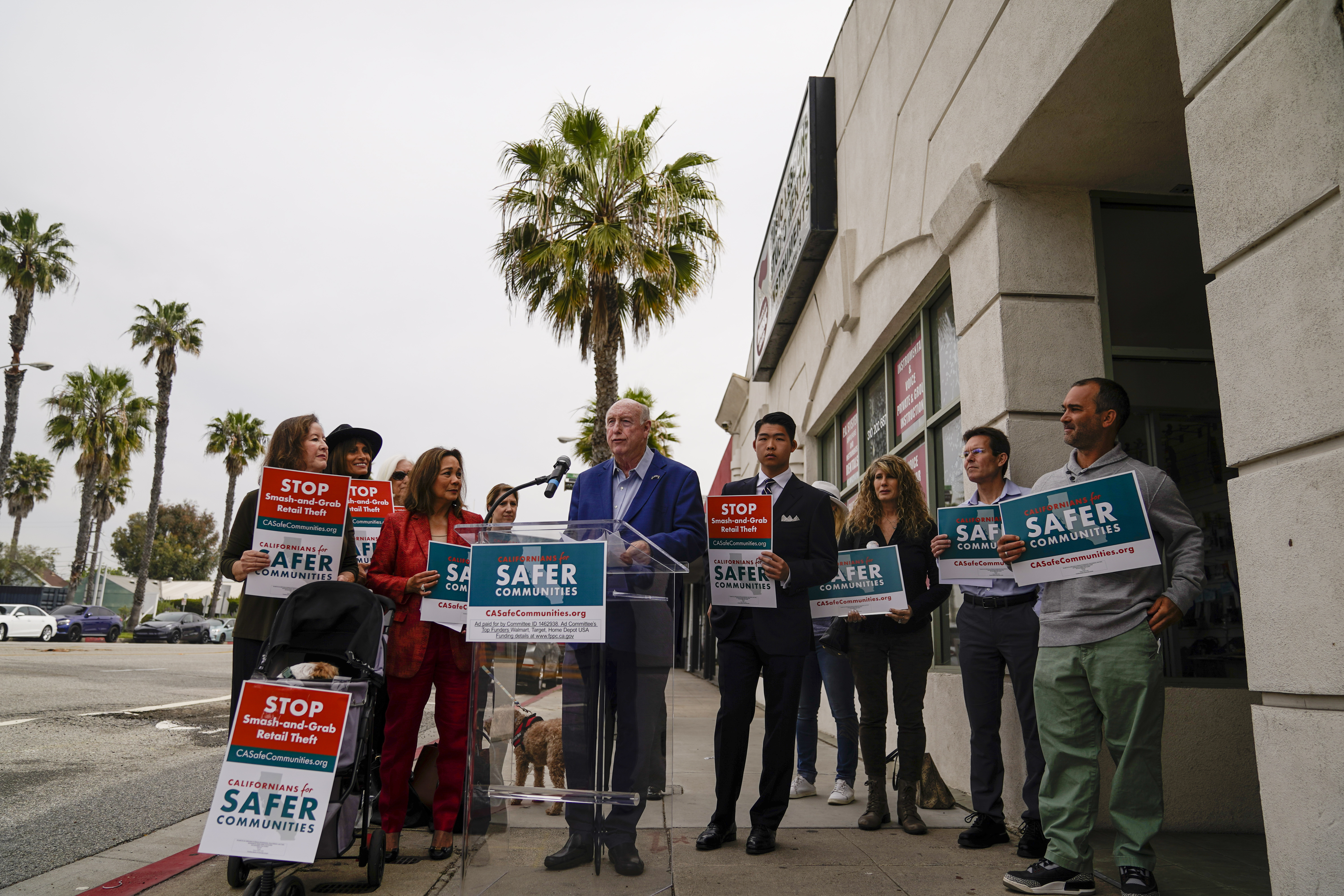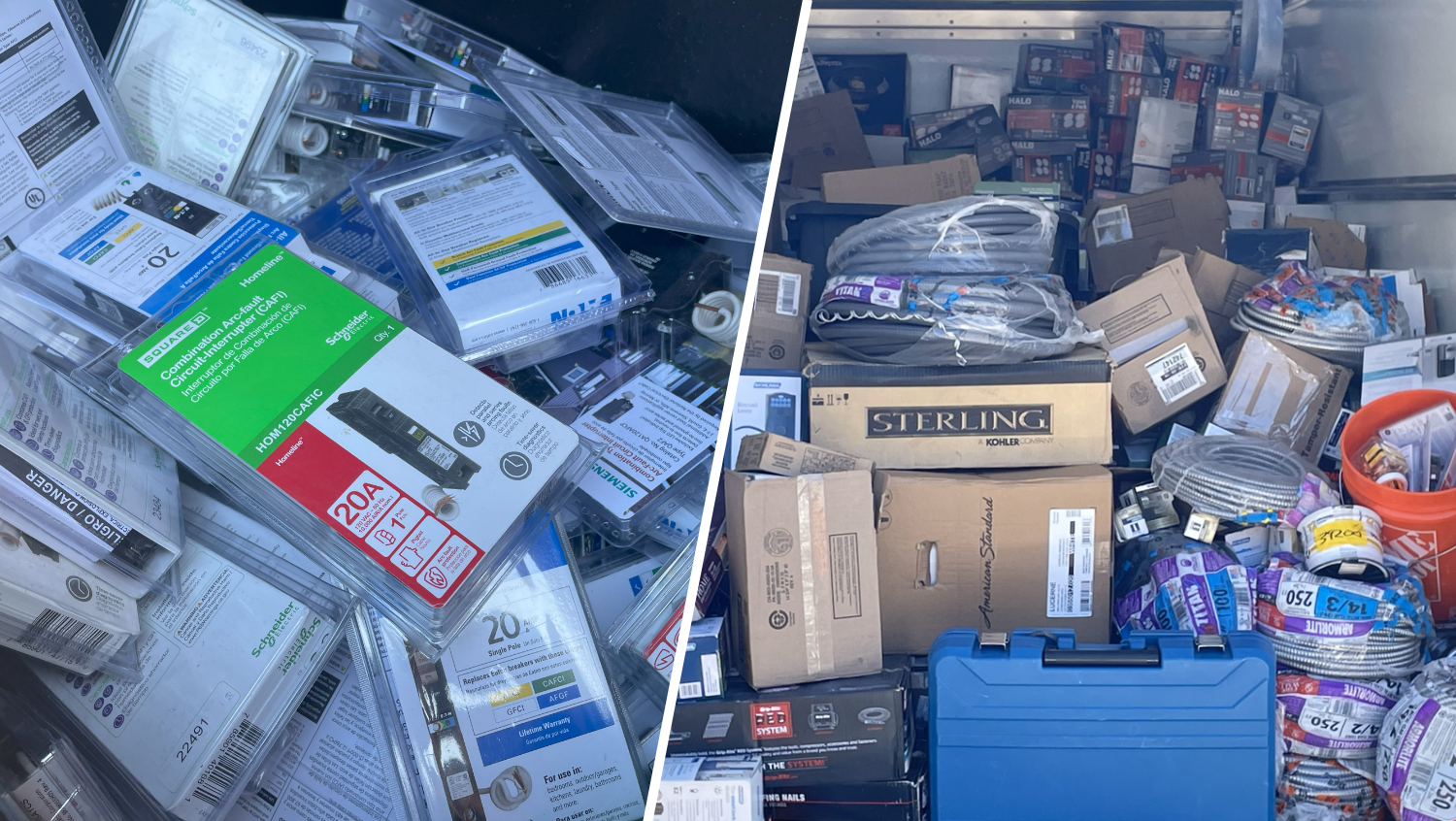A slew of Bay Area cities, including Redwood City, San Carlos and Sunnyvale, have signed on to host delivery robots from Starship Technologies, but San Francisco is approaching the new service with a measure of hesitation.
City Supervisor Norman Yee, who represents District 7, proposed legislation last week to ban delivery robots, citing safety and privacy concerns.
"For me it's all about safety," Yee explained. "Our public sidewalks are for people, not robots. It’s all about trying to get ahead of the curve before it gets out of hand."
While some applauded the lawmaker's preemptive approach, others said it was counterproductive.
"We should be working with tech to figure out the future together ― not wasting time on legislation to shut it down," city resident Ennis Olson wrote on the supervisor's Facebook page.
While there are no existing laws mandating the use of autonomous deliveries in San Francisco, the proposed ban would affect a few companies already testing their delivery robots in the area.
Dispatch, a South San Francisco startup, raised more than $2 million just last year in seed funding to develop a new robot called Carry. Another company, Marble, announced its use of autonomous robots last month.
Local
"We share Supervisor Yee's commitment to safety," said Marble CEO and co-founder Matt Delaney. "We’re looking forward to working with the supervisors... to craft smart regulation that balances the needs of pedestrian safety, local businesses, manufacturing and innovation."
Delaney also said their robots travel at the same speed of a typical pedestrian and "behave politely as good citizens of the sidewalk."
Robot creators have reasoned that the autonomous machines help get rid of the short-distance deliveries that are less profitable for human workers, while also easing traffic congestion downtown.
The proposed legislation will be considered by the San Francisco Board of Supervisors in June. If passed, autonomous robots found on city sidewalks would carry a penalty of up to six months in prison or a fine of up to $1,000.



